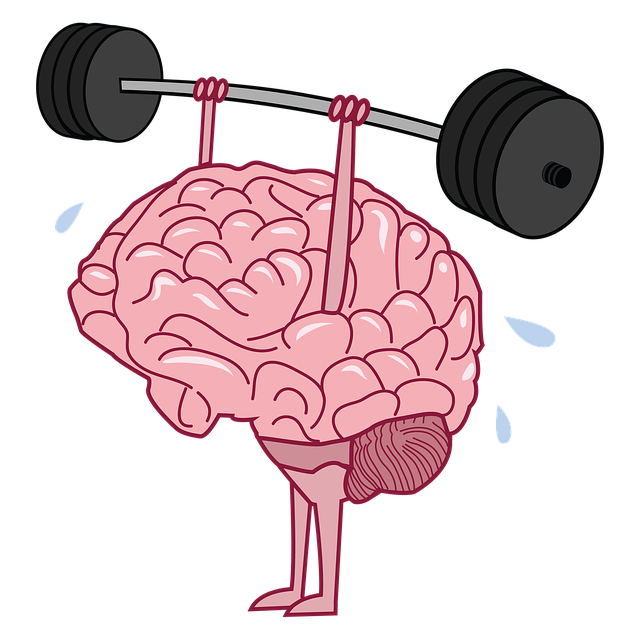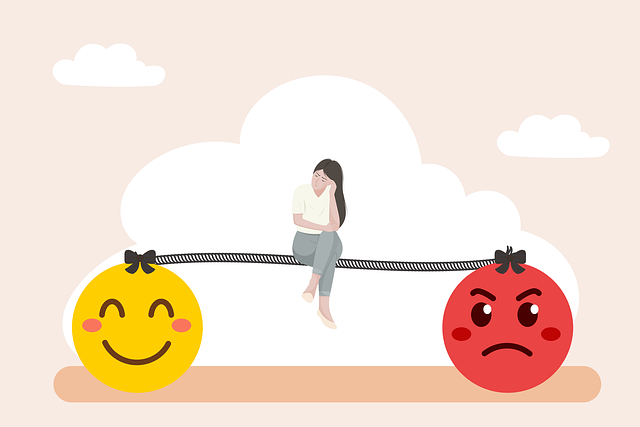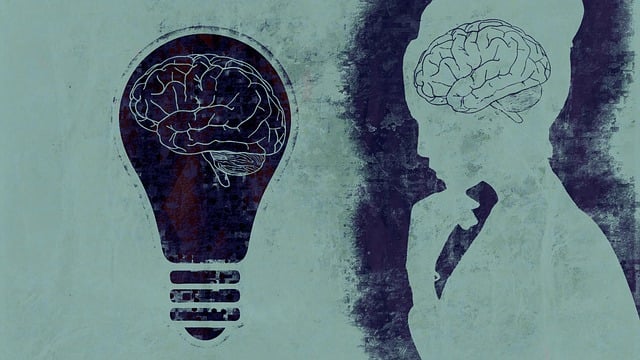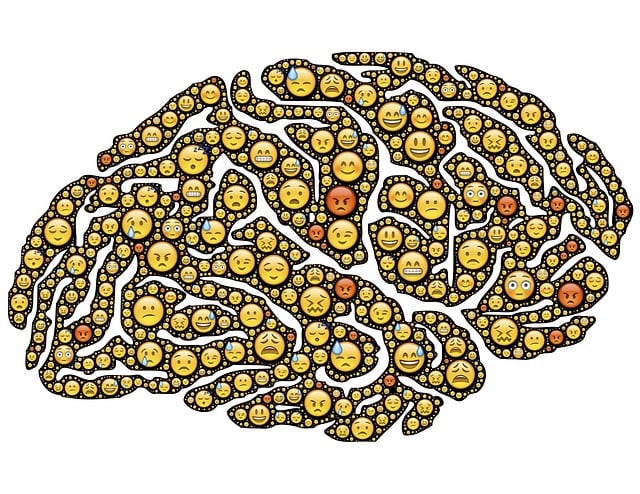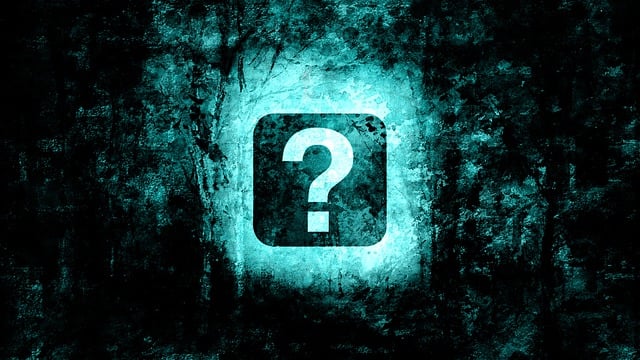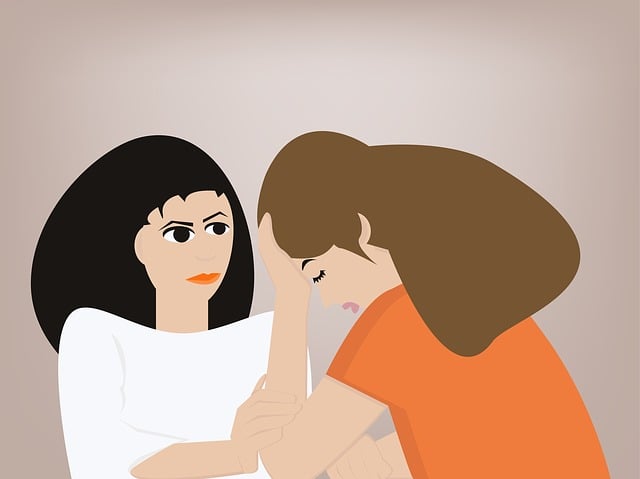Mental wellness journaling is a versatile therapy suitable for all ages, from elders to adolescents and teens. It offers self-reflection, resilience building, and emotional healing, improving mental health awareness and accessibility to therapy. For seniors, it fosters gratitude and coping mechanisms; for young people, it promotes self-awareness and empathy. Consistent practice enhances progress, inner strength, and resilience, navigating life's challenges effectively. Tailored prompts make journaling enjoyable and accessible, benefiting both elders and youth in therapy settings.
Mental wellness is a vital aspect of overall health, impacting individuals across age groups. This article explores the transformative potential of journaling as a therapeutic tool, offering guidance tailored to specific demographics. We delve into the benefits for both elders and adolescents/teens, providing creative prompts and practical tips for fostering consistent practices. Discover how this simple yet powerful exercise can enhance mental wellness, with strategies optimized for elder therapy and engaging approaches to captivate younger audiences.
- Understanding Mental Wellness and Its Impact Across Age Groups
- The Power of Journaling as a Therapeutic Tool
- Tailoring Journaling Exercises for Elders
- Engaging Adolescents and Teens with Creative Prompts
- Building a Consistent Practice: Tips for Long-Term Success
Understanding Mental Wellness and Its Impact Across Age Groups

Mental wellness is a crucial aspect of overall health that encompasses our emotional, psychological, and social well-being. It affects how we think, feel, and act in various situations, impacting our ability to cope with stress, make choices, and relate to others. The concept of mental wellness is dynamic and can vary across different age groups, with unique challenges and considerations at each stage of life.
For adolescents and teens, mental wellness involves navigating school pressures, peer relationships, and identity formation. This period often sees a surge in emotional intensity, making it vital to introduce early interventions like therapy to support their mental health. Similarly, elders face distinct mental wellness issues as they age, including loneliness, cognitive decline, and adjusting to life changes. Mental wellness journaling exercises can be an effective tool for all age groups, offering a space for self-reflection, processing emotions, and fostering resilience. Guidance in this practice can enhance mental health awareness and provide accessible therapy for elders, adolescents, and teens alike, contributing to improved overall well-being.
The Power of Journaling as a Therapeutic Tool

Journaling has emerged as a powerful therapeutic tool, offering immense benefits for individuals across various age groups, from adolescents to elders. This simple yet profound practice allows one to explore their thoughts and emotions in a safe, private space, fostering self-awareness and personal growth. For seniors, journaling can serve as an effective means of reminiscing, processing life experiences, and cultivating gratitude, all of which contribute to enhanced mental wellness. Similarly, adolescents and teens can use it as a creative outlet to express their feelings, work through challenges, and develop inner strength.
In today’s fast-paced world, burnout prevention strategies for healthcare providers can incorporate journaling as a resilience-building activity. By jotting down daily experiences and reflections, professionals can process the emotional demands of their work, maintain balance, and enhance their overall well-being. This practice encourages self-care, fosters adaptability, and strengthens the ability to navigate life’s challenges—a crucial aspect in developing and maintaining mental fortitude.
Tailoring Journaling Exercises for Elders

Journaling can be a powerful tool for mental wellness at any age, but it’s especially beneficial for elders seeking therapy and emotional healing processes. When adapting journaling exercises for this demographic, consider their unique experiences, preferences, and potential physical limitations. Simplify prompts to encourage participation; open-ended questions that invite reflection on life history, significant events, or daily observations can stimulate meaningful writing.
Incorporating coping skills development through journaling allows elders to explore new ways of managing stress and emotions. The act of putting pen to paper provides a calming effect and facilitates crisis intervention guidance when needed. By tailoring these exercises, professionals supporting elders in therapy sessions can enhance their engagement, foster self-awareness, and contribute to overall mental wellness, bridging the gap between generations and promoting intergenerational understanding.
Engaging Adolescents and Teens with Creative Prompts

Engaging adolescents and teens in mental wellness journaling can be a powerful tool for promoting self-awareness exercises and empathy building strategies. Creative prompts tailored to their experiences can make journaling an enjoyable and relevant activity, encouraging them to reflect on their feelings and thoughts. For instance, prompts like “Describe a moment when you felt truly understood by a friend” or “Imagine you could change one thing about your school environment – what would it be and why?” can spark meaningful conversations and help young individuals develop emotional intelligence.
Incorporating art, poetry, or even short stories into journaling encourages teens to express themselves in unique ways, making therapy for elders, adolescents, and teens more accessible and appealing. By offering diverse prompts that resonate with their ages and stages of development, mental wellness journaling becomes a safe space for self-exploration, fostering empathy both within themselves and towards others.
Building a Consistent Practice: Tips for Long-Term Success

Building a consistent mental wellness journaling practice is key to long-term success for all ages, including therapy for elders, adolescents, and teens. Start by setting realistic goals—just a few minutes each day can make a significant difference. Incorporate journaling into your routine; whether it’s right after waking up or before bedtime, consistency breeds familiarity and makes it easier to stick to.
Create a supportive environment that encourages open expression. This might involve using prompts tailored to emotional intelligence development or exploring community outreach program implementations for added inspiration. Remember, the journey is personal, so don’t be afraid to adapt your approach. Regular reflection allows you to track progress, build inner strength, and cultivate resilience—essential skills for navigating life’s challenges, regardless of age.
Mental wellness journaling offers a versatile, accessible therapy for adolescents, teens, and elders alike. By tailoring exercises to cater to different age groups, we can unlock the therapeutic potential of journaling as a powerful tool for improving mental health across generations. Whether using creative prompts to engage young minds or simplifying practices for older adults, consistent journaling becomes a valuable habit that fosters resilience and promotes well-being. Embrace this simple yet effective method to empower individuals in navigating their mental wellness journeys.
